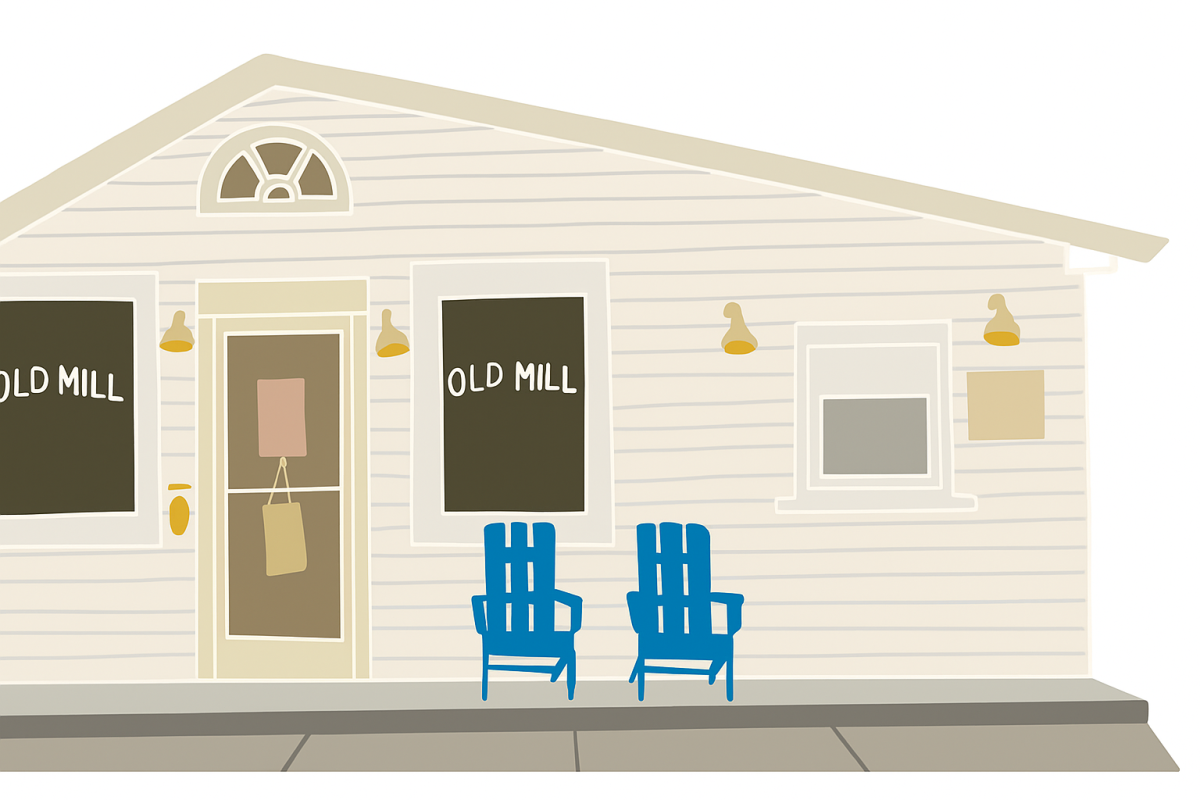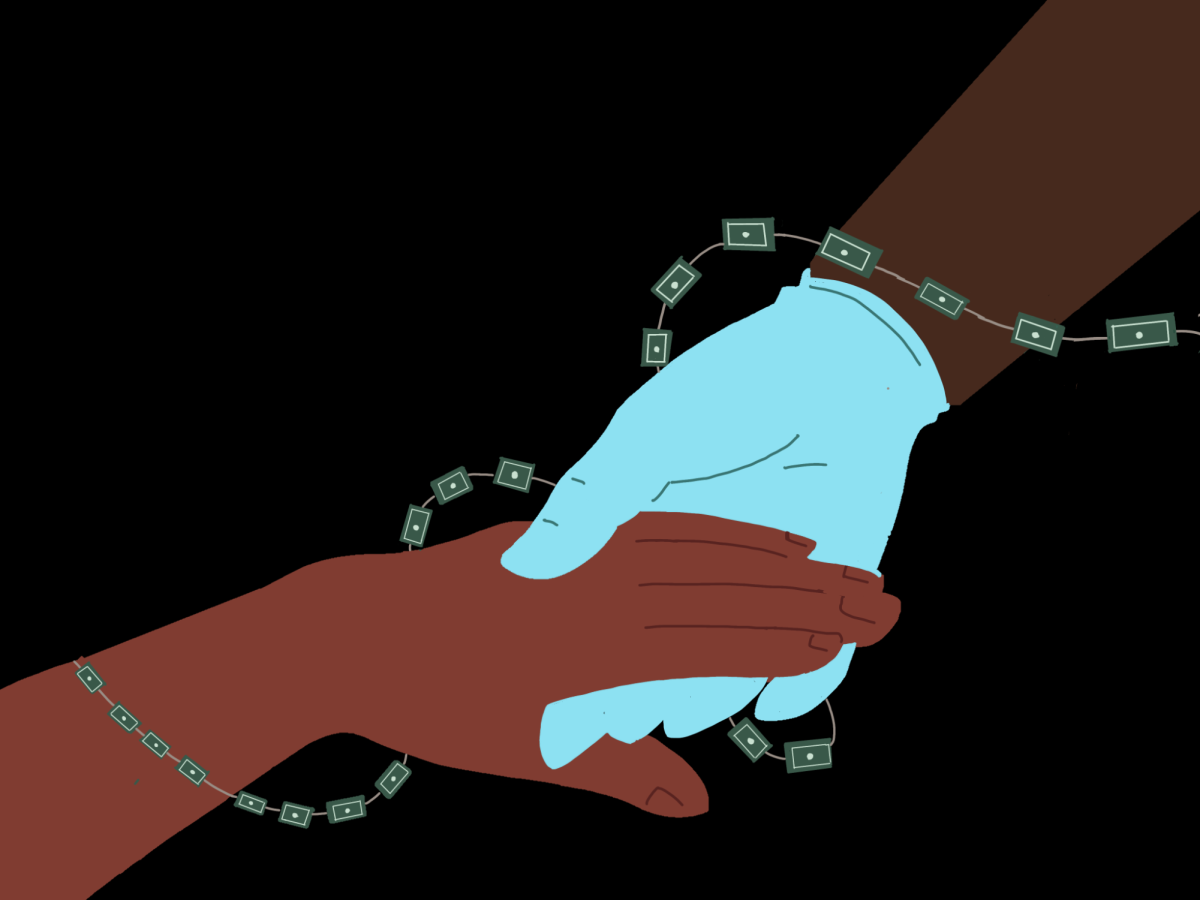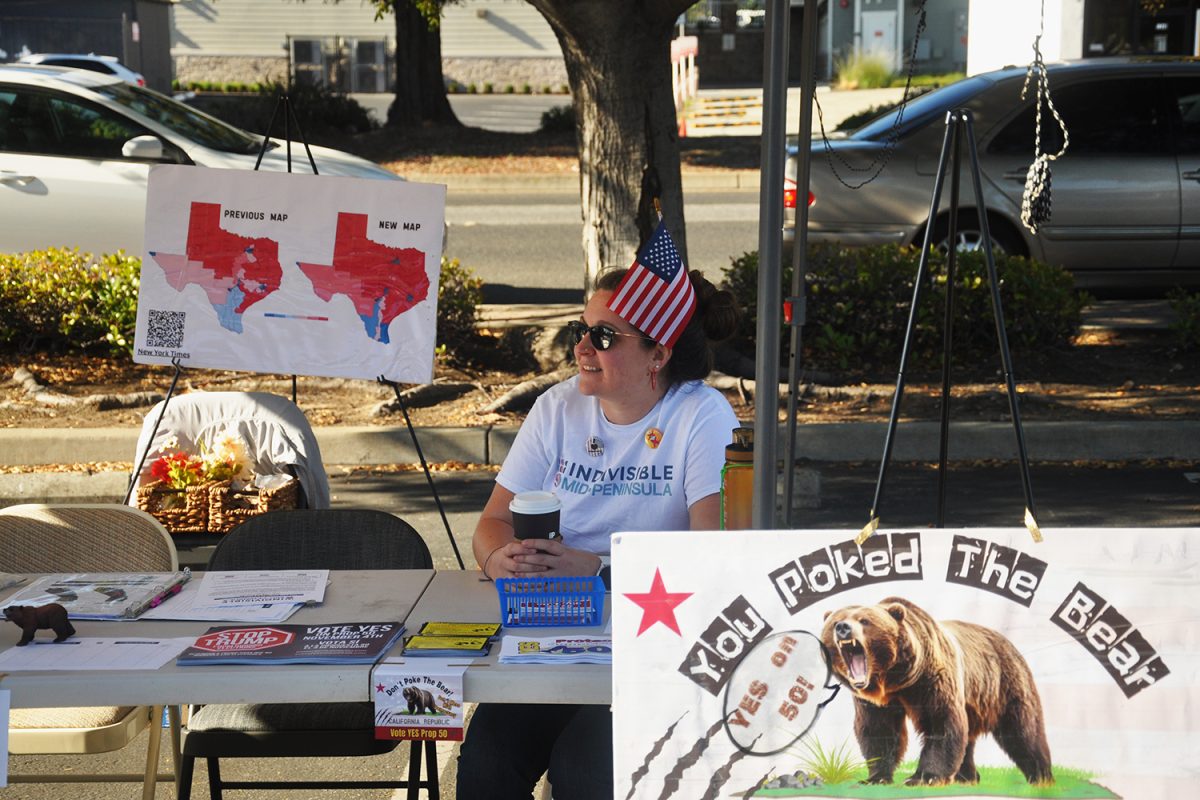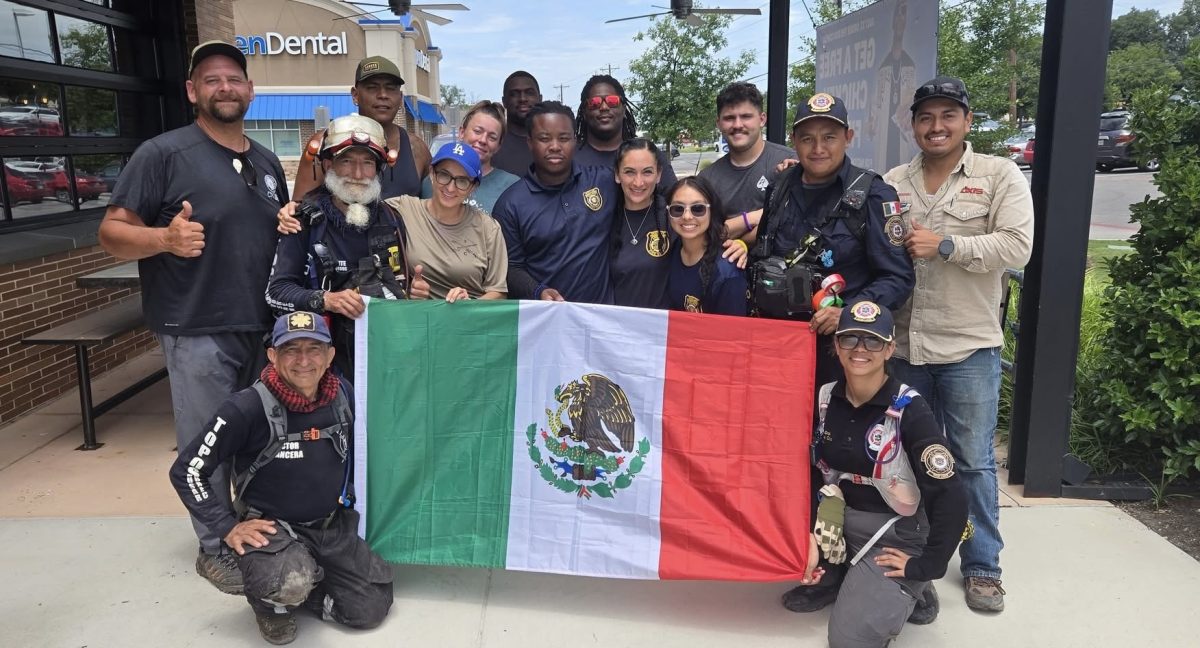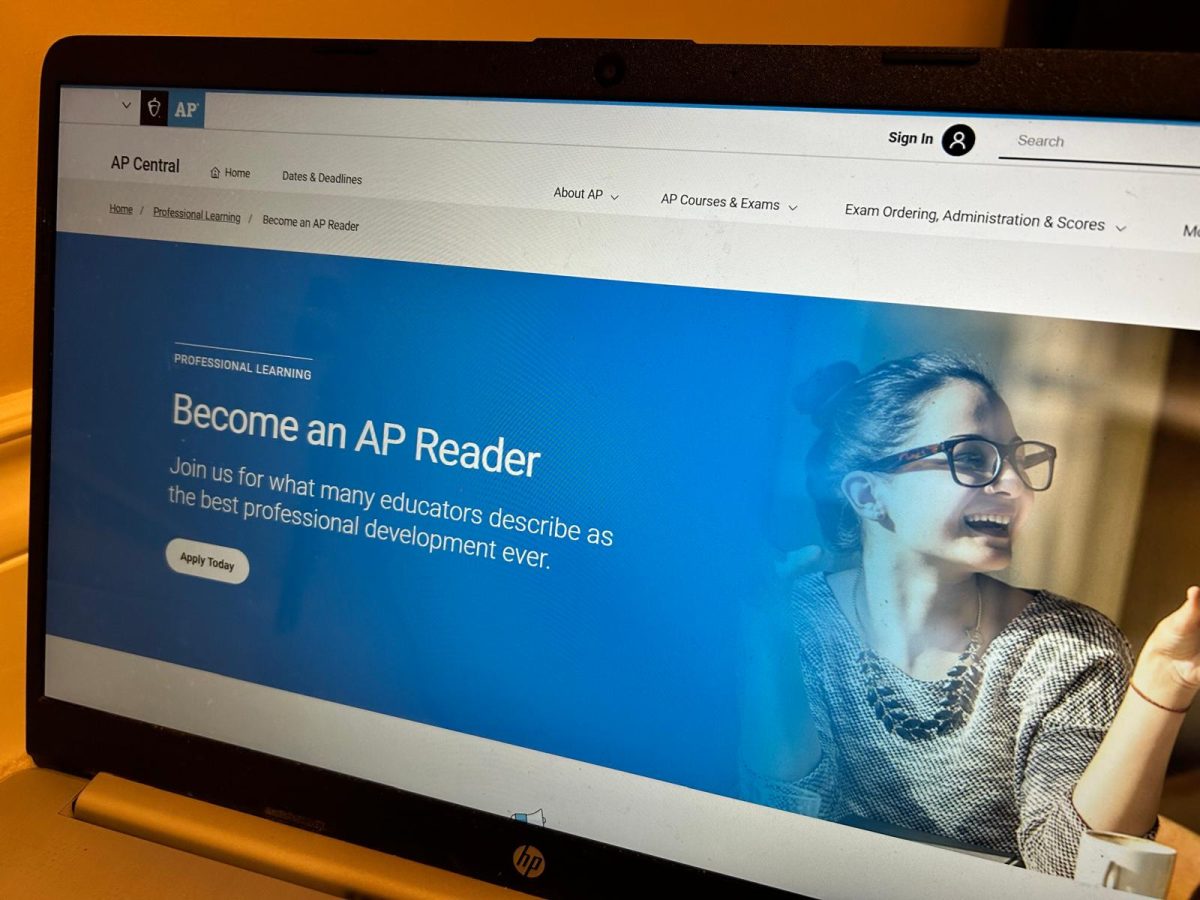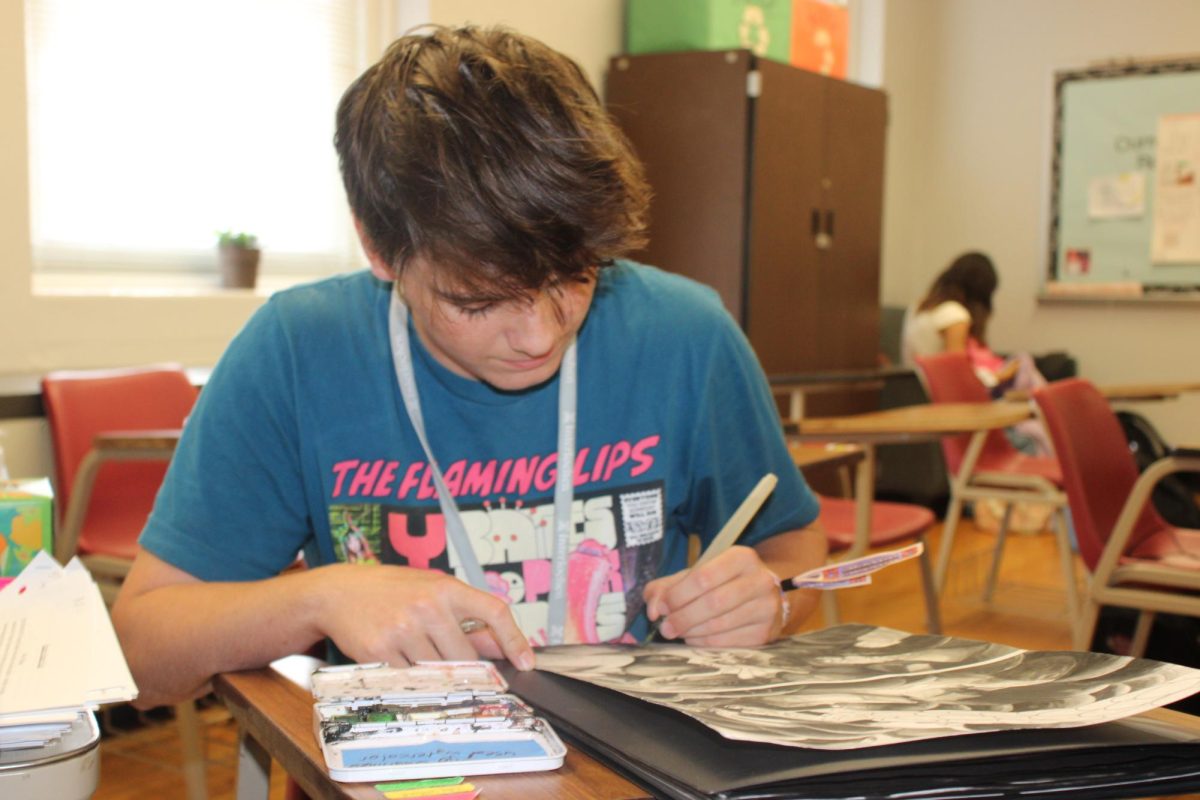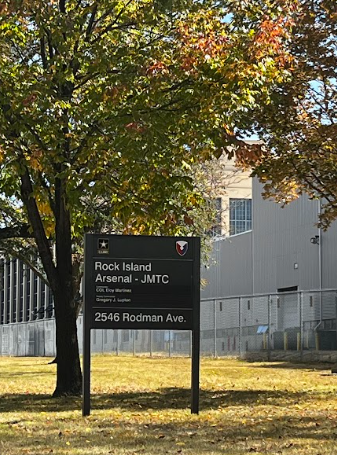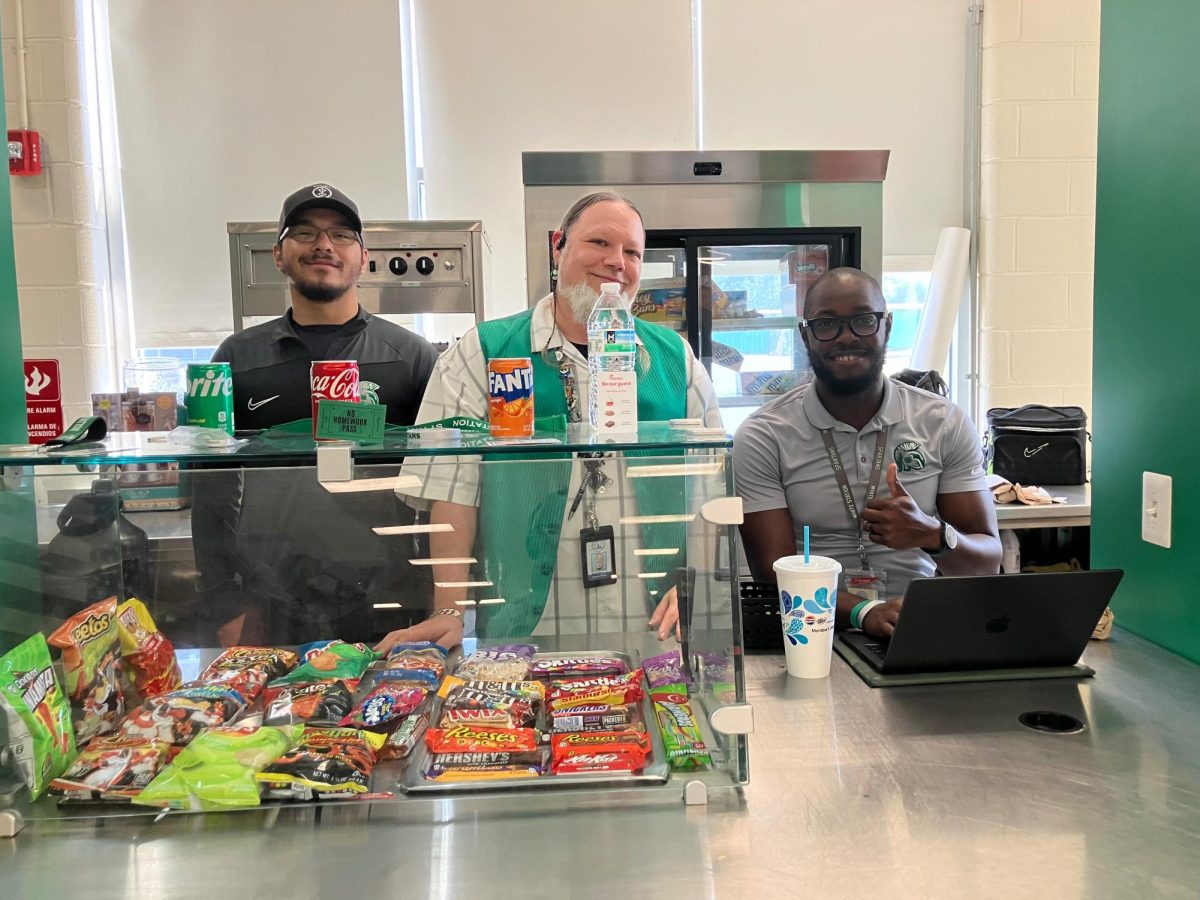Trigger warning: this story contains references to gun violence and death
On Valentine’s Day in 2018, 19-year-old Nikolas Cruz entered Marjory Stoneman Douglas High School in Parkland, Florida. Carrying a backpack and a case that concealed multiple magazines and the parts of an AR-15-style semi-automatic rifle. Once inside, Cruz assembled the weapon at the base of a first-floor classroom and began shooting indiscriminately — firing a total of 139 shots. During this incident, now marked as the “Parkland Massacre,” Cruz killed 17 people and injured 17 others in six minutes.
17-year-old Joaquin Oliver was one of the victims. He was shot and killed outside his third-floor creative writing class. According to his parents, Manuel and Patricia Oliver, Joaquin had a strong moral compass and courageously displayed his beliefs to the world. He attended protests and preached his values to his loved ones. To honor their son’s legacy, the Olivers advocated for gun control through an unconventional approach.
A few weeks after the shooting, the couple founded Change the Ref, an organization that uses urban art and nonviolent creative projects to fight against gun violence. In 2023, Change the Ref partnered with Chicago-based advertising firm Energy B.B.D.O. to create a new project to raise awareness: a video game revolving around school shootings.
Brazilian creative directors Zé Baldin and Gabriel Barrea approached Joaquin’s parents with an initial script inspired by data and reports from real-world shootings to begin the game’s production. The Olivers recalled Joaquin’s love for video games and his passion for advocacy, so creating a game that displays the horrific reality of a school shooting and encourages more people to demand legislative gun reform would effectively honor their son.
The Olivers and Energy B.B.D.O. then contacted Brazil-based game-developing company Webcore Games to see if they could help execute the concept. The company initially resisted creating the game, primarily due to the low budget and time constraints, said Winston Petty, Co-founder and studio head of Webcore Games.
“It was a very controversial idea that we weren’t used to,” Petty said. “We just looked at each other and said, ‘Okay, this is not going to happen.’ But what really made a difference was that Change the Ref was behind it.”
Change the Ref then partnered with video game audio company Flutu Music to develop the video game’s sound effects. Change the Ref released their finished product in Sept. 2024, titled “The Final Exam.”
In the game, participants play from the point of view of a student caught in a school shooting. While a single round lasts only 10 minutes — the average length of a real U.S. school shooting — the game’s impact remains with players for much longer, Petty said.
Each round opens with the character blearily opening their eyes in an empty high school locker room. A jersey embroidered with the name “Jason” is strewn on the floor, quickly thrusting players into their character’s narrative. The player has little time to learn the names of the characters’ classmates or survey their surroundings, mirroring the sudden and chaotic nature of a school shooting.
From their first-person perspective, players quickly rush into the gym, squeezing past toppled lockers and other obstacles as they run from the shooter. The screen becomes jittery to portray the character’s spiked anxiety, and a two-minute countdown appears to mark the amount of time they have to hide from the shooter.
The game also gives players instructions on adequately hiding from the shooter. For example, if a player decides to sneak beneath the bleachers, the game advises, “Control your breathing and don’t alert the shooter.” The player then listens to the shooter’s slow, daunting approach and watches the dark figure saunter between the bleachers’ planks.
The sound of a bullet dropping into its chamber echoes in the silent gymnasium — until the shooter walks out of sight. Parkland shooting survivor Ryan Deitsch said his experience paralleled the video game.
“I was in my journalism classroom’s closet for two and a half hours,” Deitsch said. “At one point, I heard bouncing ammunition and boots, and I thought we were going to be killed until a SWAT team opened the door with their trigger fingers ready.”
In “The Final Exam,” players hear the noises Deitsch describes: layered screams, hurried footsteps, pleas of mercy and distant gunfire. The game also employs a contrast technique, immersing players in extended silence before abruptly shattering the stillness with a scream and gunshot.
When there isn’t any noise from within the building, noises from the outer world seep into the game, enhancing the platform’s realism. Sounds of a wailing ambulance, whooshing wind or chirping birds serve as a reminder that life persists in the wake of tragedy, said founder and audio director of Flutu Music Victor Hime.
Hime said the Olivers didn’t want to convey excessive violence or overuse fear due to the game’s sensitive topic. Instead, he explained that the violent noises portray the harsh reality everyone needs to wake up to.
Every day, 12 children die, and 32 are injured from gun violence in America. In 2018, the Parkland Massacre became a part of that statistic, becoming the deadliest high school shooting in U.S. history. This massacre is also one of the most impactful; the tragedy prompted the passage of various laws, including the Fix NICS Act of 2018, which enacted penalties for government agencies that failed to report criminal background checks for gun possession.
In the event’s aftermath, many survivors of the shooting launched a nationwide movement for gun violence protection, creating the #NeverAgain movement and the March For Our Lives organization. On March 24, 2018, 47,000 people gathered in Washington, D.C., to demand a ban on assault weapons and prohibit high-capacity firearm sales, with Parkland Survivors like X González and Deitsch among the protest’s speakers.
Months following the shooting, Deitsch explained that he and other Parkland survivors were more focused on getting justice for their friends’ deaths through activism than experiencing the rest of their high school years. Instead, they pushed for stricter legislative action to prevent others from experiencing what they went through.
Although the media presented the Parkland survivors as catalysts for sweeping change, the reality was often challenging and emotionally burdening, Deitsch said.
“Politicians are actively erasing all of the work that we’ve done throughout our teenage lives to ensure that other people aren’t impacted by gun violence with the swish of a pen,” Deitsch said. “So, did the young people win in the end? I would say no.”
At the time of the Parkland shooting, President Donald Trump offered his prayers and condolences in a televised address, arguing that no students or teachers should ever feel unsafe in an American school. The President also reportedly opened a meeting with game industry officials about an infamous level from the video game “Call of Duty: Modern Warfare 2 (2009),” where players can participate in a mass shooting at a Moscow airport. President Trump argues that video games like “Call of Duty” can prompt aggressive behavior in teenagers.
However, Hime argues that “The Final Exam” functions differently from other violent video games because it demonstrates the consequences of gun possession and advocates for legislation that prevents shootings. As a form of advocacy, “The Final Exam” features five checkpoints for players, each with laws waiting to be passed in Congress, including raising the minimum age to purchase firearms and banning assault weapons.
Within a few weeks of its release, “The Final Exam” attracted 250,000 free downloads on Steam. With the release, however, came significant criticism. Some critics claim that video games promote gun violence, and others argue that “The Final Exam” is far too political for younger audiences to understand. The game’s quick pace especially makes it an unsuitable message for teenagers, said Lori Alhadeff, founder of the school safety organization Make Our Schools Safe.
“It was very upsetting for me to see the game because the shock value won’t help teenagers in any way,” Alhadeff said. “The 17 lives that were lost can never be, and will never be, replaced by anything to avenge them.”
On the day of the Parkland Massacre, Alhadeff remembers dropping off her 14-year-old daughter, Alyssa, for a typical school day at Marjory Stoneman Douglas High School. After telling Alyssa, “I love you,” Alhadeff drove off.
Seven hours later, Alyssa was shot eight times and killed in her first-floor English class. When Alhadeff caught news of the tragedy, it was 2 a.m. on Feb. 15, 2018. The FBI told her that Alyssa was probably among the dead, a fact confirmed by the medical examiner’s office later that morning.
“Alyssa was the captain of her soccer team, and she had such a zest for life,” Alhadeff said. “The tragedy of losing her was the most horrific thing that ever happened in my life.”
After her daughter’s murder, Alhadeff ran for her county’s school board, eventually introducing and passing ‘Alyssa’s Law’ in seven states. The bill addressed the issue of law enforcement response time by requiring the placement of a “panic button” in all classrooms.
Alhadeff said it is a tireless effort to fight for the bill’s passage across the country. In recent years, she has seen President Trump—who once mourned for the Parkland victims— actively challenge the progress advocates made after Parkland.
Deitsch argues that people shouldn’t criticize the game if they’ve never experienced a school shooting themselves or if they actively support pro-gun ownership legislation. Like fellow survivors, he regularly experiences PTSD, though Deitsch struggled to grapple with it at the time of the shooting due to media exposure, he said.
Deitsch recalls newscasters’ coverage of the shooting as a cycle-through, with reporters becoming quickly uninterested in the tragedy when another story emerged. After attending a friend’s funeral, he recalls having to leave early after seeing seven news cameras trailing him, a reminder of how the media’s rush to report often disregards vulnerability.
Petty argues that video games, used as a form of protest, help remedy this quickly-paced cycle and instill a lasting legacy for the survivors.
“Games’ potential as a medium to raise awareness is still untapped,” Petty said. “But if we consider that games are interactive, that they’re immersive and have a high potential of creating empathy across players, there’s no reason why we shouldn’t use it politically.”
This story was originally published on The Black & White on April 10, 2025.


